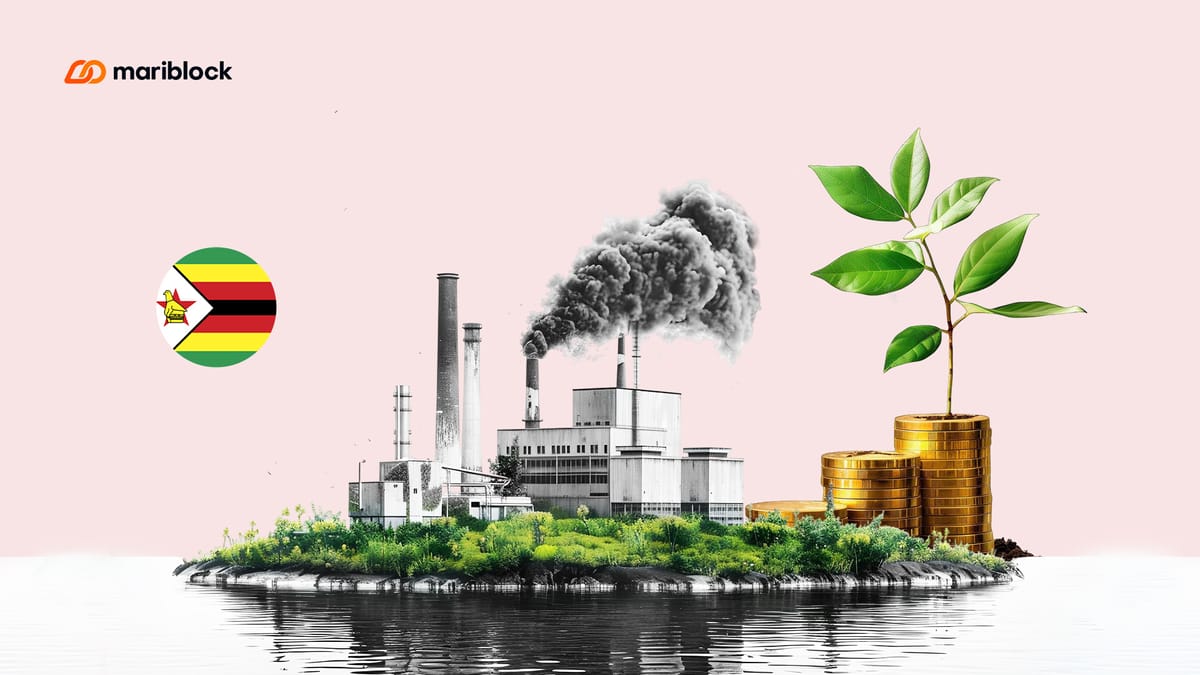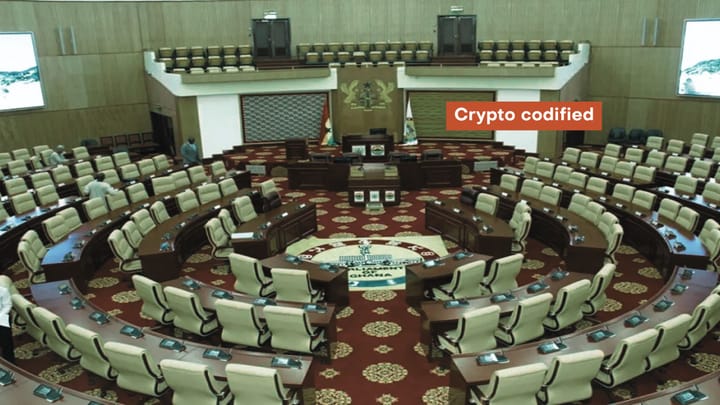Zimbabwe launches blockchain-based carbon credits trading registry
The country wants to establish trust by making all transactions immutable and transparent.

Zimbabwe has launched a blockchain-based registry for carbon credit trading, aiming to restore investor confidence after abruptly halting projects in 2022.
The government says the new system will provide greater transparency and security in how credits are tracked and traded.
The details
- The registry, hosted on the Zimbabwean Ministry of Environment, Climate and Wildlife’s website, democratizes access to the full details of carbon trading projects in the country.
- In addition to gaining access to details such as project class and account type, anyone can check to verify a project’s certificate of registration and letter of objection.
- The hash values of these documents are made visible on the website for easy verification.
- To set up the blockchain-based registry, Zimbabwe contracted Dubai-based carbon market infrastructure provider A6 Labs as design partners.
Key context
- Bloomberg reported that the main driver behind the country’s carbon offset efforts going decentralized is an attempt to salvage a previous breach of trust committed by Zimbabwean authorities.
- In 2023, the country unexpectedly scrapped all carbon trading projects, claimed half of all the proceeds and ordered projects to re-register.
- It cited agreements between foreign developers and local stakeholders shrouded in secrecy, and the ordinary Zimbabwean not benefitting from the proceeds as reasons for the closures.
- Shortly after, it repealed this move, denting investor confidence in the sector even further and stalling several existing projects.
- In a bid to reestablish trust, Ndlovu said all transactions will now be visible and traceable on the new blockchain registry.
Key quote
- Evelyn Ndlovu, Zimbabwe’s environment minister, said during the platform launch:
“Every transaction within the registry will be fully traceable, providing an immutable record of carbon credit issuance, trading and retirement. [This technology] ensures the integrity of our carbon market and provides the global community with confidence that the credits we trade are genuine, measurable and impactful.”
Zoom in
- Carbon credits trading is a system adopted by countries to reduce carbon emissions and fight their effects on climate change.
- Manufacturing companies that surpass emission limits can counterbalance their excesses by purchasing carbon credits from other firms that have used below the carbon emission thresholds.
- In addition, these firms can invest in projects that are focused on carbon reducing efforts, such as large-scale tree planting, to help offset their carbon excesses.
- However, verifying the legitimacy of carbon credits is challenging, and experts have tipped blockchain to provide the missing transparency.



